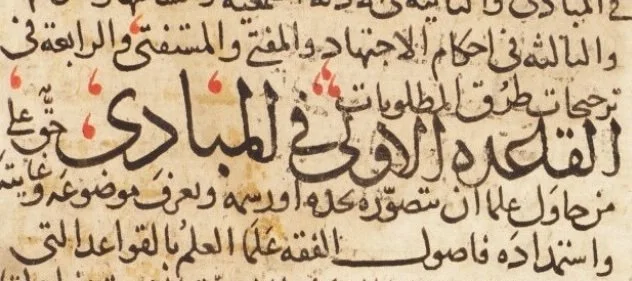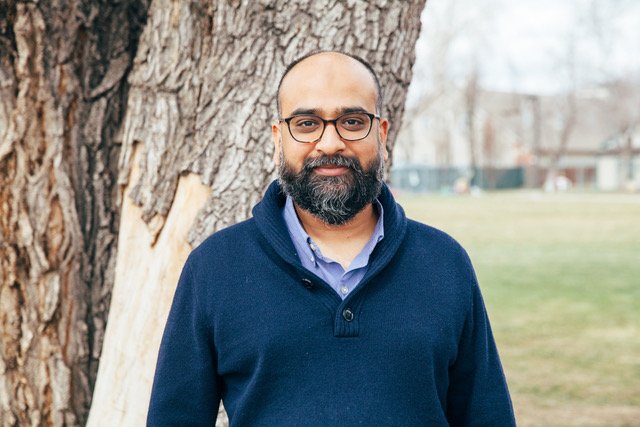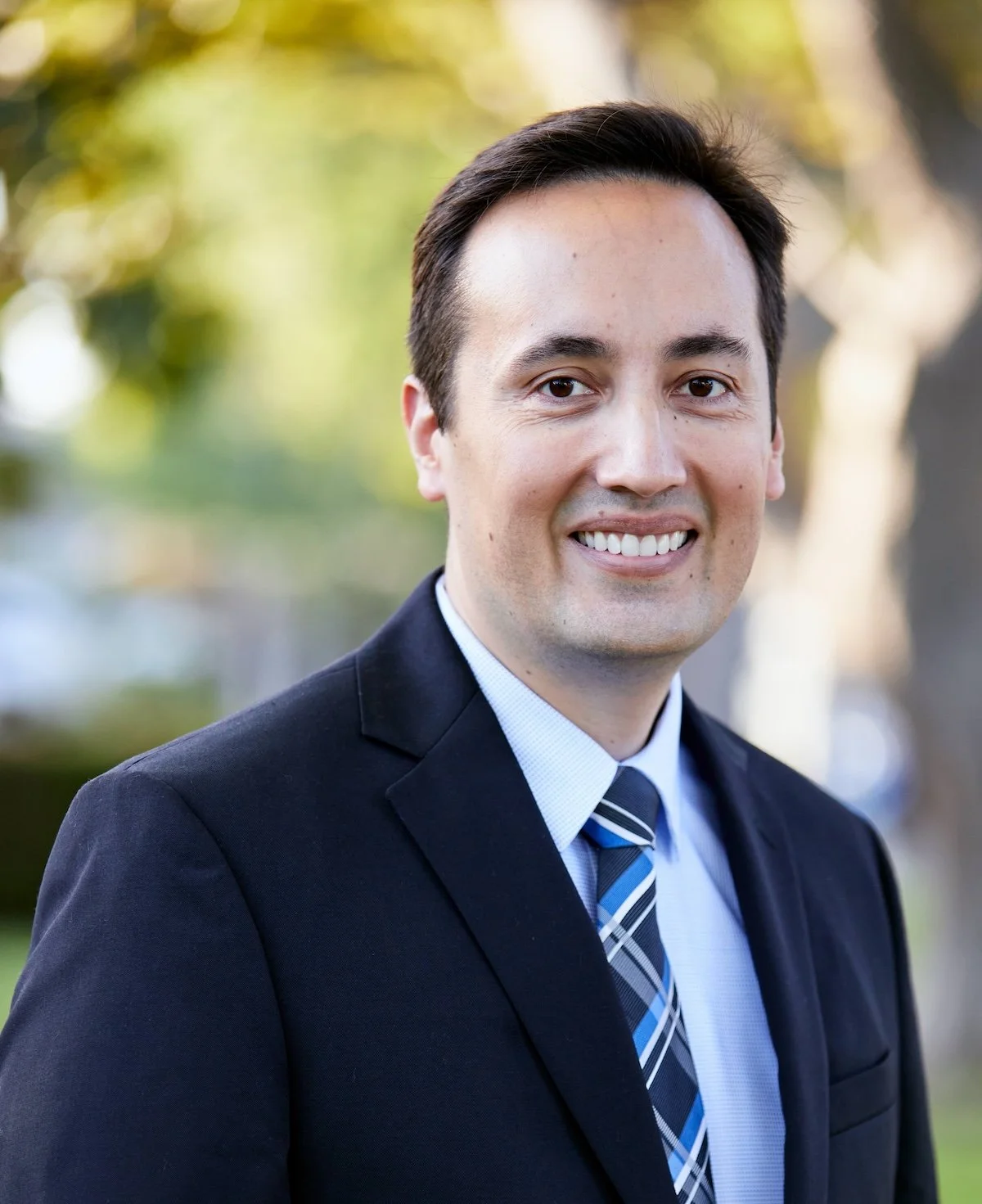“Islamic Legal Texts: In Depth”
Mediterranean Studies Summer Skills Seminar
11—14 August 2025 • Remote
The Summer Skills Seminar, “Islamic Legal Texts: In Depth” will be held via Zoom from Monday, 11 August to Thursday, 14 August 2025 from 9am to 11am and noon to 2pm MDT.
Course overview
This Summer Skills Seminar introduces participants to Islamic law. The seminar is focused on developing the skill of reading Islamic legal texts as opposed to surveying Islamic legal doctrines. It is designed for beginners seeking to build their capacity to investigate Islamic law.
Text
The only required text is Durūs tamhīdiyya by al-Īrawānī. Download it here. Kalimāt tawḍīḥiyya by Muḥammad Āl ʿUbaydān al-Qaṭīfī will be used to unpack the text, but it is not required.
Past participants said:
“The seminar was very informative. I appreciated the level of detail and line-by-line explanation as I have not come across many academic spaces where this level of depth is covered, while also being at a reasonable pace with the opportunity to ask questions in real time. I also enjoyed looking at a text in a group setting alongside an expert with the chance to unpack it together.”
“The course met and exceeded my goals and expectations, providing a very in depth introduction to approaching these types of texts, as well as thorough explanations of the various methodologies and concepts employed within the text.”
“The course was a phenomenal experience and was extremely informative.”
“The text selection was excellent. It provided the ideal balance between engaging an important legal text directly and zooming out to review broader concepts in Islamic law. Aun patiently, generously, and kindly guided us through the text in an engaging manner.”
“The instructor's expertise is admirable, and he approached the subject matter with humor and passion (and compassion).”
“Professor Ali's instruction was outstanding. He provided thorough and helpful explanations of difficult topics, and I greatly benefited from his knowledge and mastery of the subject.”
“This course offered an unparalleled experience of jumping straight into reading a text of Islamic law in Arabic, and I would suggest it to anyone interested in incorporating the genre into their scholarship.”
“The course provided a well-structured exploration of Islamic legal texts with a particular focus on Shiism. Professor Aun Hasan Ali was exceptionally organized, knowledgeable, and conducted a well-informed class on jurisprudence and hadith discussions. I greatly benefited from both his instruction and the thoughtful participation of fellow students.”
“Participating in this seminar was a great opportunity to deepen my skills in unpacking complex Islamic legal texts. Professor Aun was an outstanding instructor who not only helped us better understand the materials from a historical perspective and engage with the traditional discourse on legal matters, but also had a great sense of humor that made it easier to survive the long seminar hours.”
Faculty
Aun Hasan Ali is an Assistant Professor in the Department of Religious Studies at CU Boulder. He received his PhD from McGill University’s Institute of Islamic Studies. His research centers on Islamic intellectual history and he is the author of The School of Hillah and the Formation of Twelver Shii Islamic Tradition and the forthcoming Why Hadith Matter: The Evidentiary Value of Hadith in Imami Law (7th/13th to 11th/17th Centuries) (co-authored with Hassan Ansari). His recent publications include: “The Canonization of Nahj al-Balaghah between Hillah and Najaf: al-Sistani and the Iconic Authority of the Maraji,” “The Rational Turn in Imamism Revisited,” and “Some Notes on the History of the Categorization of Imami Hadith.”
Proposed Program
Monday, 5 August 2024
9am—11am & noon—2pm
• The conditions for legal obligation: intellect
• The meaning of akhbarnā in al-Kāfī
• The meanings of ʿaql
• The conditions for legal obligation: capacity
• The principle qubḥ al-taklīf bi-mā lā yuṭāq
• ʿAmmār al-Sābāṭī
• al-Ḥasan b. Maḥbūb al-Sakūnī
• Repairing weak chains of transmission
• Exceptions to general rules and the principle of istiṣḥāb
Tuesday, 6 August 2024
9am—11am & noon—2pm
• The conditions for legal obligation: Islam
• The legal maxim al-islām yajubbu mā qablahu
• The conditions for legal obligation: maturity
• Ḥamza b. Ḥumrān
• ʿAbd al-ʿAzīz al-ʿAbdī
• Yazīd Abū Khālid al-Kunāsī
• Ṣafwān b. Yaḥyā verses Ṣafwān b. Mihrān al-Jammāl
• Conflicting reports
• The threshold of the principles of al-istiṣḥāb al-mawḍūʿī, al-istiṣḥāb al-ḥukmī, and al-barāʾa
• al-shubuhāt al-mawḍūʿiyya, al-shubuhāt al-ḥukmiyya, al-shubuhāt al-mafhūmiyya, and al-shubuhāt al-miṣdāqiyya.
Wednesday, 7 August 2024
9am—11am & noon—2pm
• Types of water: muḍāf
• qāʿidat al-ṭahāra
• Unqualified expressions in the Quran
• al-Qāsim b. Muḥammad al-Jawharī and al-tawthīqāt al-ʿāmma
• tasālum verses ijmāʿ
• Non-Imāmī narrators and Abū Jaʿfar al-Ṭūsī
Thursday, 8 August 2024
9am—11am & noon—2pm
• Types of water: muṭlaq
• kayfiyyat al-sarāyā and custom
• ʿadam jawāz al-tamassuk bi-l-ʿāmm fī l-shubha al-miṣdāqiyya
• al-qāʿida al-mirzāʾiyya
• al-sīra al-ʿuqalāʾiyya
Participants
Kutayba Al Kanatri (Max Weber Kolleg/University Erfurt)
Kutayba Al Kanatri holds a B.A. in Liberal Arts and Sciences from University College Freiburg and an M.A. in Middle and Near Eastern Studies from the Universities of Freiburg, Basel, and Boğaziçi. He has worked as a student researcher in various departments at the University of Freiburg, and as a consultant for migration and integration with the German Red Cross. His academic and professional interests lie in postcolonial studies, social and economic history of the Arabic world, late-Ottoman history, History of Saudi Arabia, Arabic Pop-culture, Islamic thought, and migration.
Research Project: The Archaeology of Islamic Courts and Colonial Entanglements in 19th-Century Arabia. My research explores the colonial and imperial entanglements of Islamic legal traditions in (Saudi) Arabia during the 19th century, focusing on the regions of Ḥiğāz, ʿAsīr, and Nağd. Although Saudi Arabia was never formally colonized, its legal history was significantly shaped by Ottoman governance and transregional Islamic networks involving East Africa, the Levant, and South Asia. The project investigates how colonial pressures and global Islamic scholarship influenced local court practices and legal terminology, contributing to the eventual formation of the Saudi legal system. It further addresses the global influence of Saudi jurisprudence and the need to contextualize it within the broader intellectual history of Islamic law under colonial modernity.
Fredrick Lorenz (Middle Eastern History, Eastern Michigan University)
Fredrick Walter Lorenz is Assistant Professor of Middle Eastern History at Eastern Michigan University. His research focuses on migration, settler colonialism, and imperialism in the late Ottoman Empire and modern Middle East. He has published in the International Journal of Middle East Studies, Journal of World History, Global Food History, Archivum Ottomanicum, and Mashriq & Mahjar: Journal of Middle East and North African Migration Studies. Professor Lorenz teaches courses on the history of the Middle East and North Africa, the Israeli–Palestinian conflict, the Ottoman Empire, world history, and transregional migration, settlement, and displacement.
Madhumita Chatterjee (History, University of Virginia)
Madhumita Chatterjee is a rising third-year PhD student in the Department of History at the University of Virginia. Her research focuses on the legal and economic lives of medieval Jewish traders operating across the Mediterranean and Indian Ocean worlds, with particular attention to documentary sources from the Cairo Geniza. In her second year, she completed a master’s essay titled Entangled Exchanges: The Futa Textile in Trade, Law, and Obligations between the Mediterranean and the Indian Ocean, c. 1000–1150, which examines the futa, a recurring textile object in Geniza records, as a lens into the intersections of commerce, law, and material culture in the medieval Islamic world. Prior to UVA, Madhumita earned a second master’s degree in Religion, with a concentration in Jewish Studies, from Vanderbilt University. Her thesis, Debt in the Geniza: ‘Witnessing’ Silences in the Jewish Credit System Through Legal Documents in Medieval Egypt (c. 1000–1150 CE), analyzed how legal documents reflect the tensions between normative frameworks and everyday economic practices.
Du Fei Fei (History, University of Oklahoma)
Du Fei is an Assistant Professor of history at the University of Oklahoma. Fei specializes in the history of gender and Islam in South Asia's global connections in the early modern and colonial periods. Fei is currently completing his first book, Local Women, Global Histories? which studies Muslim women’s participation in the local and transregional economic life that converged in India from the seventeenth to the early nineteenth centuries. More broadly, Fei's research interests include gender and sexuality, Islamic law, material history, history of knowledge, and digital humanities
Leonie Fiona Isch (Middle East and Muslims Societies, Universität Bern)
Leonie Isch has a BA in Islamic and Middle East Studies and a MA in Islamic Studies and Oriental Literatures from the University of Bern. She is now a doctoral researcher at the Unit for the Study of the Middle East and Muslims Societies (Department of Social Anthropology and Cultural Studies) at the University of Bern, Switzerland. She is part of the SNSF-funded TraIL project, Tracing Labour in Islamicate Legal Traditions, where she works on the legal aspects of labour in 19th and 20th century Egypt with a special focus on gender.
Laura Rowitz (Social Anthropology and Cultural Studies, Universität Bern)
Laura Rowitz is a doctoral student and researcher of Middle Eastern Studies based in Bern, Switzerland. Trained in Islamic Studies (University of Hamburg), she is now part of the research project Trajectories of Slavery in Islamicate Societies: Three concepts from Islamic Legal Sources (PI Serena Tolino). Therein, Laura currently explores the legal history of the kafāla with a geographical focus on the Levant and Egypt. Having worked on the kafāla system in the Gulf before, she published an article entitled “Labor Migration Control and Asymmetrical Dependency in the Arab Gulf: In-Country-Sponsorship (kafāla) in Qatar” in the Routledge Handbook of Global Islam and Consumer Culture, edited by Birgit Krawietz and François Gauthier. Her research interests comprise labour, social history, legal regimes of dependency, and the history of Middle Eastern Studies
Wendy Wang (Middle East Studies & Classics, University of Southern California)
I am an undergraduate student majoring in Middle East Studies and Classics at the University of Southern California. I am interested in the history of medieval Northwest Africa and the Iberian Peninsula, and I am currently working on my senior honors thesis, which is a historiographical essay about the Almoravids. I am also interested in medieval Islamic legal texts, particularly those written by Maghribi and Andalusi jurists such as Qāḍī ʿIyāḍ and Ibn Rushd al-Jadd. I hope to incorporate fatwas into my historical analysis of the Almoravids.









